Democracy and Enlightenment: The Challenge of Rousseau
November 10-11, 2022 | Gasson 100 & Murray Room, Yawkey Center | Registration
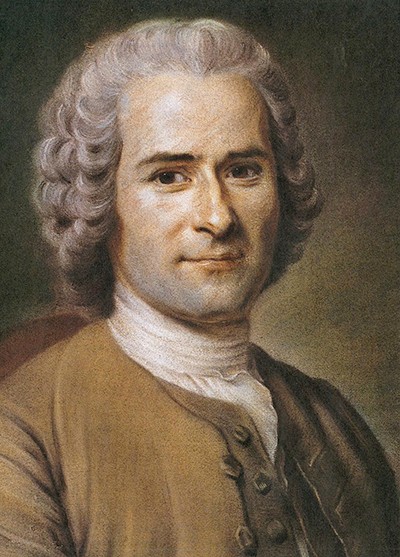
Scholars today generally agree that Jean-Jacques Rousseau was one of the greatest and most influential thinkers of the eighteenth century. What is less clear is how we ought to understand Rousseau’s thought and legacy. Some regard Rousseau as the quintessential philosopher of the Enlightenment: a champion of rationalism who paved the way for the French Revolution. Others read Rousseau as one of the Enlightenment’s greatest critics: a sentimentalist who sought to rescue us from the corruptions of society and bring us back to nature.
Democracy and Enlightenment: The Challenge of Rousseau aims to reopen this conversation over the challenges Rousseau’s thought continue to pose today. Featuring three panels and a plenary address, the conference will bring ten noted experts from multiple fields – from political science to philosophy to French literature – to the Boston College campus to address Rousseau’s contributions to our understandings of such themes as democracy, democratic engagement, and the Enlightenment.
Democracy and Rousseau also affords an opportunity to celebrate the many scholarly contributions of Professor Christopher Kelly of the Political Science Department here at Boston College. A leading Rousseau specialist, Kelly is the author of two major monographs on Rousseau – Rousseau’s Exemplary Life and Rousseau as Author – and the coeditor of The Collected Writings of Rousseau.
Schedule and RegistrationThursday, November 10, 2022 | Gasson Hall 100 | Registration | |
|---|---|
| 4:00 - 5:15 pm |
Panel #1
Timothy Brennan (Texas): “Rousseau and Bourgeois Education” |
| 5:15 - 6:00 pm |
|
Friday, November 11, 2022 | Yawkey Center 426 Murray Room | Registration | |
|---|---|
| 9:00 - 9:30 am | Breakfast |
| 9:30 - 10:45 am |
Panel #2John Scott (UC-Davis): "Trimming Rousseau's Hedges, Perhaps, So to Speak" Claude Habib (Paris III): "The Whole Truth"
Chair: Nasser Behnegar (Boston College) |
| 10:45 - 11:15 am | Coffee Break |
| 11:15 am - 12:30 pm |
Panel #3
Susan Shell (Boston College): "Burke and the Politics of the Sublime" Clifford Orwin (Toronto): “The Masterpiece of Policy in Our Time”: Rousseau’s Response to the Enlightenment” Arthur Melzer (Michigan State): "The Natural Weakness of Man"
Chair: Robert Bartlett (Boston College) |
| 12:30 - 1:30 pm | Lunch |
| 1:30 - 4:00 pm | Break |
| 4:00 - 5:15 pm |
Keynote Lecture
Thomas Pangle (Texas): “The Life of Wisdom: Rousseau vs Socrates” |
| 6:00 pm | Reception |
Speakers
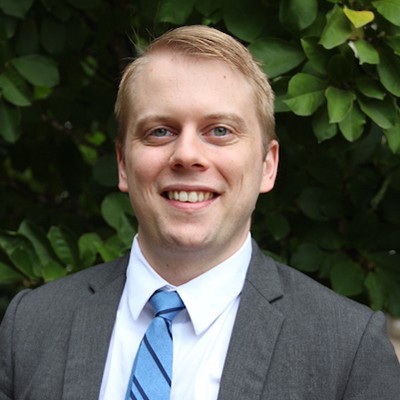
Timothy Brennan
Timothy Brennan is a Postdoctoral Fellow at the University of Texas, Austin. His articles have appeared in the Journal of Politics, History of European Ideas, History of Political Thought, The European Legacy, and the Review of Politics, and he has recently completed a book on Benjamin Franklin.
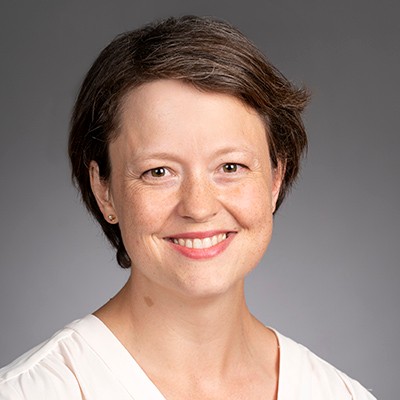
Kimberley J. Burns
Kimberley J. Burns is Affiliate Assistant Professor of Politics at the University of Dallas where she teaches classes in American politics and the history of political thought. She holds a Ph.D. in political science from Boston College and a B.A. in philosophy from the University of Winnipeg. She contributed to the edited volume The Rousseauian Mind (Routledge, 2021) and is currently working on a book entitled Rousseau's Religious Project.
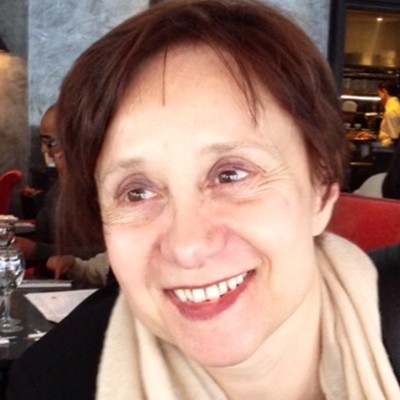
Claude Habib
Claude Habib is Professor emeritus at the Sorbonne Nouvelle in Paris. She has published Le Consentement amoureux. Rousseau, les femmes et la Cité. She has also directed or co-directed three collective books dedicated to Rousseau: Eduquer selon la nature, Rousseau et la théorie de l’homme, and Les Confessions, se dire tout dire.
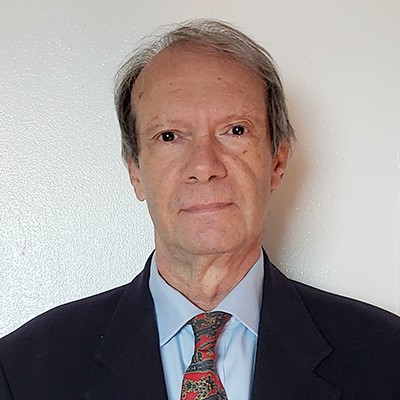
Henry Higuera
Henry Higuera taught at St. John's College in Annapolis from 1982 through 2018. He is an expert on Don Quixote, on which he has widely written and lectured, including his book Eros and Empire: The Problem of Christian Politics in Don Quixote (Rowman & Littlefield, 1995). He has also lectured on Plato, Descartes, the foundations of modern science and Hegel, and he authored “Gutierrez vs. The Vatican” (This World, 1989). From 1990-1997 he was a member of the National Council for the Humanities, the presidentially appointed advisory board for the National Endowment for the Humanities; in 1993-1995 he was Chair of its Public Programs Committee. His B.A. is from Cornell University (1974) and his M.A. and Ph.D. are from the University of Toronto (1976 and 1983).
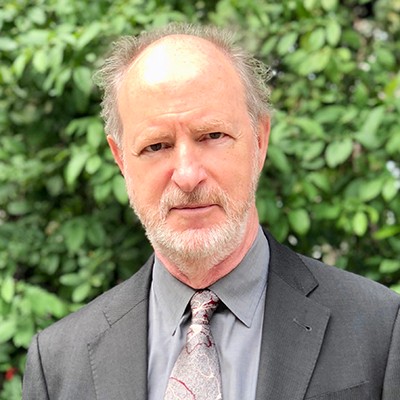
Arthur Melzer
Arthur Melzer, Professor of Political Science at Michigan State University, is also co-founder and Executive Director of MSU’s LeFrak Forum on Science, Reason, and Modern Democracy. He received his B.A. from Cornell University and his Ph.D. from Harvard University. He is a winner of an Outstanding Academic Title Award from the journal Choice, the MSU Social Science Alumni Outstanding Teaching Award, and William J. Beal Outstanding Faculty Award. He has been awarded research fellowships by the Mellon Foundation, the Institute for Educational Affairs, the Earhart Foundation,the National Endowment for the Humanities and the Program on Constitutional Government at Harvard University. His writings include: Philosophy Between the Lines:The Lost History of Esoteric Writing (University of Chicago Press, 2014) and The Natural Goodness of Man: On the System of Rousseau’s Thought (University of ChicagoPress, 1990).
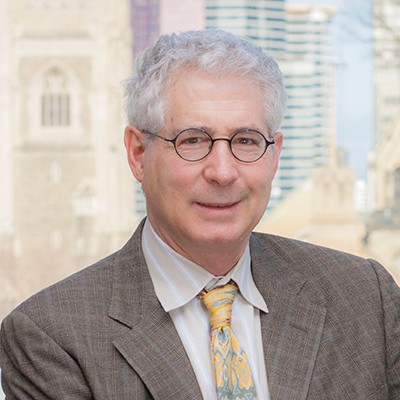
Clifford Orwin
Clifford Orwin is Professor of Political Science, Classics, and Jewish Studies at the University of Toronto. He is also Distinguished Visiting Fellow at the Hoover Institution of Stanford University and a Founding Senior Fellow of the Berlin/Bochum Thucydides Center in Germany. He is the author of The Humanity of Thucydides (Princeton University Press, 1994; 5 th Ed. 2020, Mandarin translation 2015) and of many articles on the history of political thought as well as essays and columns on current issues. His major current project is a book on the thought of Flavius Josephus.
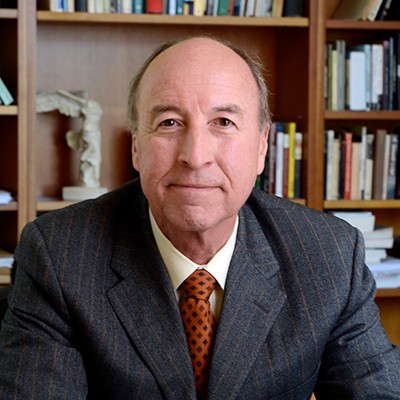
Thomas L. Pangle
Thomas L. Pangle is the Joe R. Long Chair in Democratic Studies, Department of Government, and Co-Director, Thomas Jefferson Center for the Study of Core Texts and Ideas, at The University of Texas at Austin; prior to 2004, Prof. Pangle held the University Professorship in the Department of Political Science at the University of Toronto. He is a lifetime Fellow of the Royal Society of Canada. In 1987 he delivered at the University of Chicago the Exxon Distinguished Lectures in Humane Approaches to the Social Sciences. In 2004 he was a featured speaker at the first Cultural Summit of the European Union, in Rotterdam, The Netherlands. In January 2007 he delivered the Werner Heisenberg Memorial Lecture, in Munich, Germany, at the invitation of the Bavarian Academy of Sciences. He has won Guggenheim, Killam-Canada Council, Carl Friedrich von Siemens, and four National Endowment for the Humanities fellowships. He has been awarded the Robert Foster Cherry Great Teacher of the World Prize, by Baylor University, and the Outstanding Graduate Teaching Award, Univ. of Texas.
He is the author of articles in Journal of Politics, American Journal of Political Science, Canadian Journal of Political Science, Polity, Political Theory, Review of Politics, Review of Metaphysics, and American Political Science Review; among his books are Montesquieu's Philosophy of Liberalism (U. of Chicago Press, 1973); The Spirit of Modern Republicanism: The Moral Vision of the American Founders and the Philosophy of Locke (U. of Chicago Press, 1988); and The Theological Basis of Liberal Modernity in Montesquieu’s “Spirit of the Laws” (U. of Chicago Press, 2010). He has forthcoming from Cornell U. Press a book entitled The Life of Wisdom in Rousseau’s Reveries of the Solitary Walker.
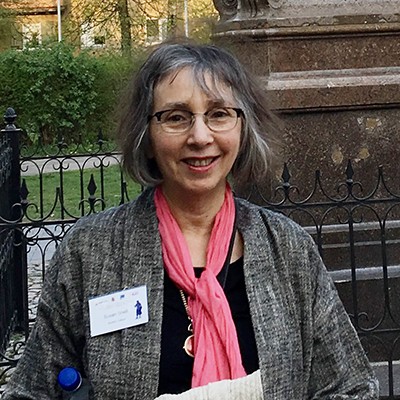
Susan Shell
Susan Shell is Professor of Political Science at Boston College. Her most recent book is The Politics of Beauty: A Study of Kant's Critique of Taste (Cambridge: Cambridge University Press, 2022).
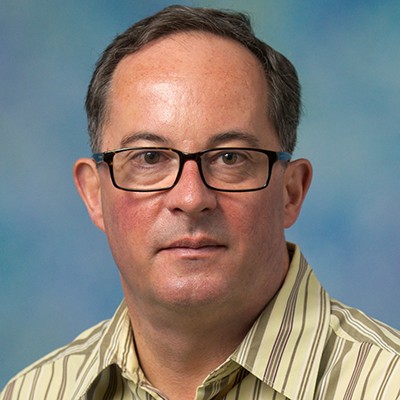
John T. Scott
John T. Scott is Professor of Political Science at the University of California, Davis. He received his PhD from the University of Chicago in 1992. Most of his research is on the thought of Jean-Jacques Rousseau, and he is past President of the Rousseau Association. In addition to numerous articles in leading journals and chapters in edited volumes, he is the author of Rousseau’s God: Theology, Religion, and the Natural Goodness of Man (Chicago, 2023), Rousseau’s Reader: Strategies of Persuasion and Education (Chicago, 2020), The Philosophers’ Quarrel: Rousseau, Hume, and the Limits of Human Understanding (Yale, 2009) and The Routledge Guide to Machiavelli’s “The Prince” (Routledge, 2016). He is the editor of Jean-Jacques Rousseau: Critical Assessments (Routledge, 2006) and Rousseau and l’Infâme (Rodopi, 2009). He has translated and edited the Essay on the Origin of Languages and Writings Related to Music (Dartmouth, 1998) and Jean-Jacques Rousseau: Major Political Writings (Chicago, 2012).
Campus Map and Parking
Parking is available at the nearby Beacon Street and Commonwealth Avenue Garages.
Boston College is also accessible via public transportation (MBTA B Line - Boston College).
Boston College strongly encourages conference participants to receive the COVID-19 vaccination before attending events on campus.

